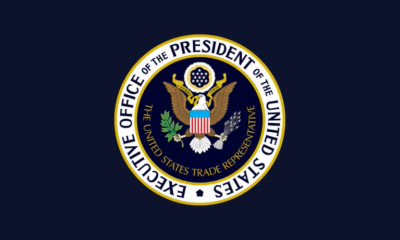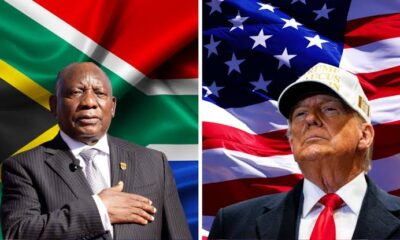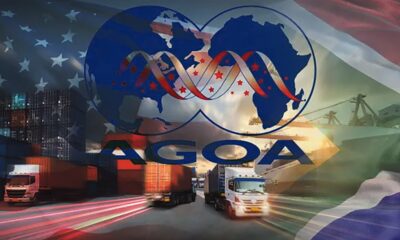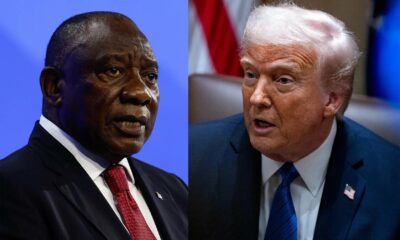Business
“We Will Not Fold”: Ramaphosa Vows to Defend South Africa’s Exports Amid US Tariff Storm
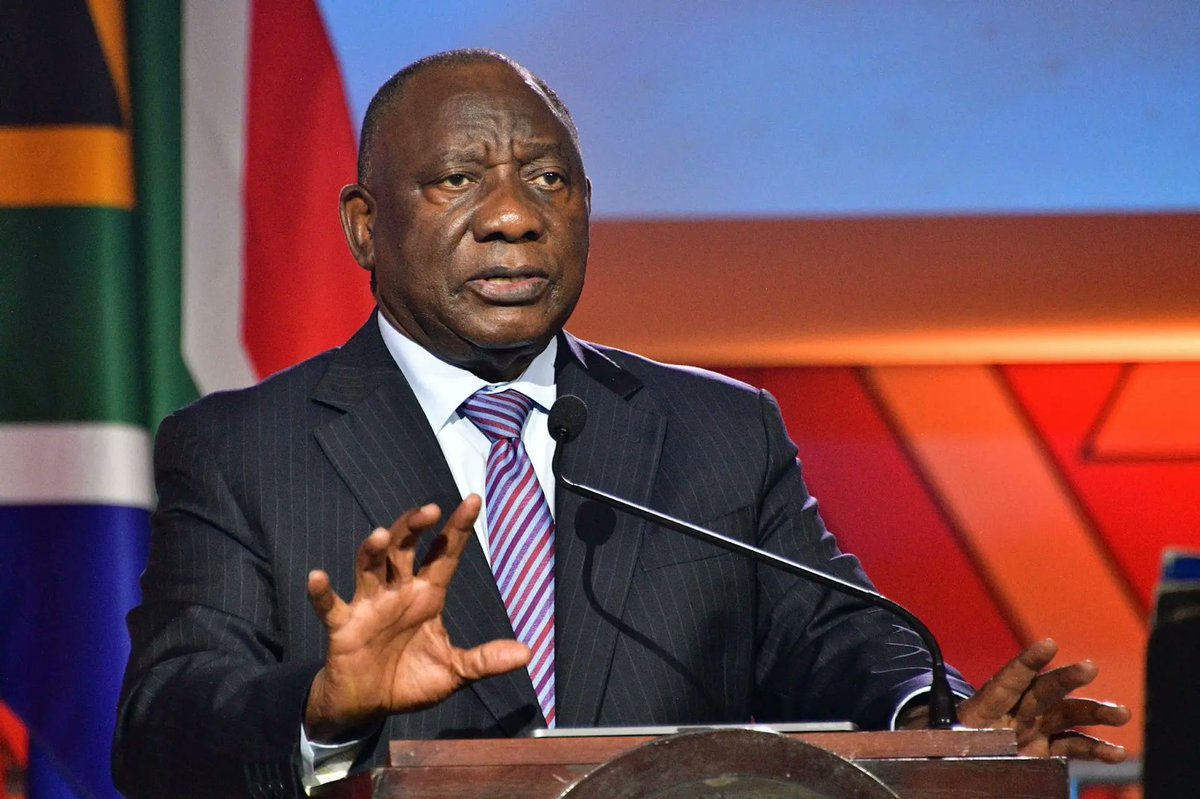
As the US slaps a 30% tariff on South African imports, President Ramaphosa lays out a fight-back plan to protect jobs and rewire the country’s trade future
South Africa’s president, Cyril Ramaphosa, isn’t mincing his words. Faced with the United States’ sudden decision to impose a 30% blanket tariff on all South African imports, the president has responded with a firm but diplomatic message: South Africa will not accept this quietly.
In his weekly newsletter on Monday, Ramaphosa struck a delicate balance, standing up for the country’s exporters while maintaining the tone of a global partner willing to engage. “All channels of communication remain open,” he said, making it clear that Pretoria wants dialogue, not drama. But that doesn’t mean South Africa isn’t preparing for a world where the US isn’t as open for business.
Why This Tariff Hits Hard
The US isn’t just any trading partner. It’s South Africa’s third-largest, and many of the country’s key export sectors — citrus, wine, cars, and minerals, rely on access to the American market. So when President Donald Trump announced last month that all South African goods would now face 30% tariffs, citing “unfair trade barriers” and “unsustainable trade deficits,” the shockwaves were immediate.
In a letter dated July 7, Trump said the tariffs were meant to “correct” years of what he framed as South Africa’s protectionist practices. But here at home, many saw it as a political move, not a reflection of reality.
Ramaphosa’s Argument: “Our Trade Supports You, Not Threatens You”
In response, Ramaphosa took the opportunity to remind both local audiences and American policymakers that South African exports aren’t a threat, they’re a complement.
“Largely, our exports are inputs into US industries,” he said. South African citrus, for example, is exported during the US’s off-season. It fills supermarket shelves at a time when local growers can’t meet demand. It’s not competition, it’s cooperation.
He also pointed out that South African companies are deeply invested in the American economy. From mining to pharmaceuticals, SA firms have created jobs across the US. “We are the biggest African investor in the US,” Ramaphosa noted, “with 22 South African companies operating across critical industries.”
The Local Cost: Jobs, Factories, and Exporters at Risk
For many South Africans, especially in farming towns and industrial hubs, the consequences of this tariff are more than political, they’re personal. Entire communities rely on exports to keep factories running and orchards harvesting. And right now, those livelihoods hang in the balance.
That’s why Ramaphosa is putting real weight behind a two-pronged response:
-
Engage with the US to try reverse or soften the tariffs.
-
Expand and diversify export markets to avoid being this vulnerable again.
Export Support Desk and New Markets: The Future of SA Trade
To help exporters weather the current storm and build resilience, the government has already launched an Export Support Desk. This initiative will serve as a go-to hub for producers looking for guidance, market intelligence, and support as they explore alternative markets.
But Ramaphosa says this is just the beginning.
In the coming months, expect a rollout of:
-
A support package for companies, workers, and producers affected by the tariffs.
-
Expanded trade missions into Africa, Asia, and the Middle East.
-
Acceleration of the National Exporter Development Programme, aimed at preparing more local companies to go global.
Local Reaction: “Finally, Action”
On social media, many South Africans welcomed the president’s more hands-on tone. “Now that’s leadership,” posted one citrus exporter from the Eastern Cape. Others urged the government to move faster, especially when it comes to financial support for exporters already losing orders.
Some critics, however, pointed to the deeper issue: South Africa’s dependency on traditional Western markets. “We should’ve diversified years ago,” one tweet read. “This is what happens when you put all your oranges in one basket.”
A Pivotal Moment for SA Trade
The US tariff saga is more than just another chapter in global trade tensions. It’s a wake-up call for South Africa, a reminder that the global economy is unpredictable, and reliance on one market can quickly become a vulnerability.
But it’s also an opportunity. If Pretoria can seize the moment to truly grow its trade footprint across the African continent, the Middle East, and Asia, this crisis might just be the push South Africa needed to future-proof its export economy.
As Ramaphosa said: “Our priority is to protect South African jobs and industries, while building new bridges to the world.”
Let’s hope those bridges are built in time.
B-BBEE Off the Table: Lamola Clears the Air on US Trade Negotiations
{Source: IOL}
Follow Joburg ETC on Facebook, Twitter , TikTok and Instagram
For more News in Johannesburg, visit joburgetc.com

